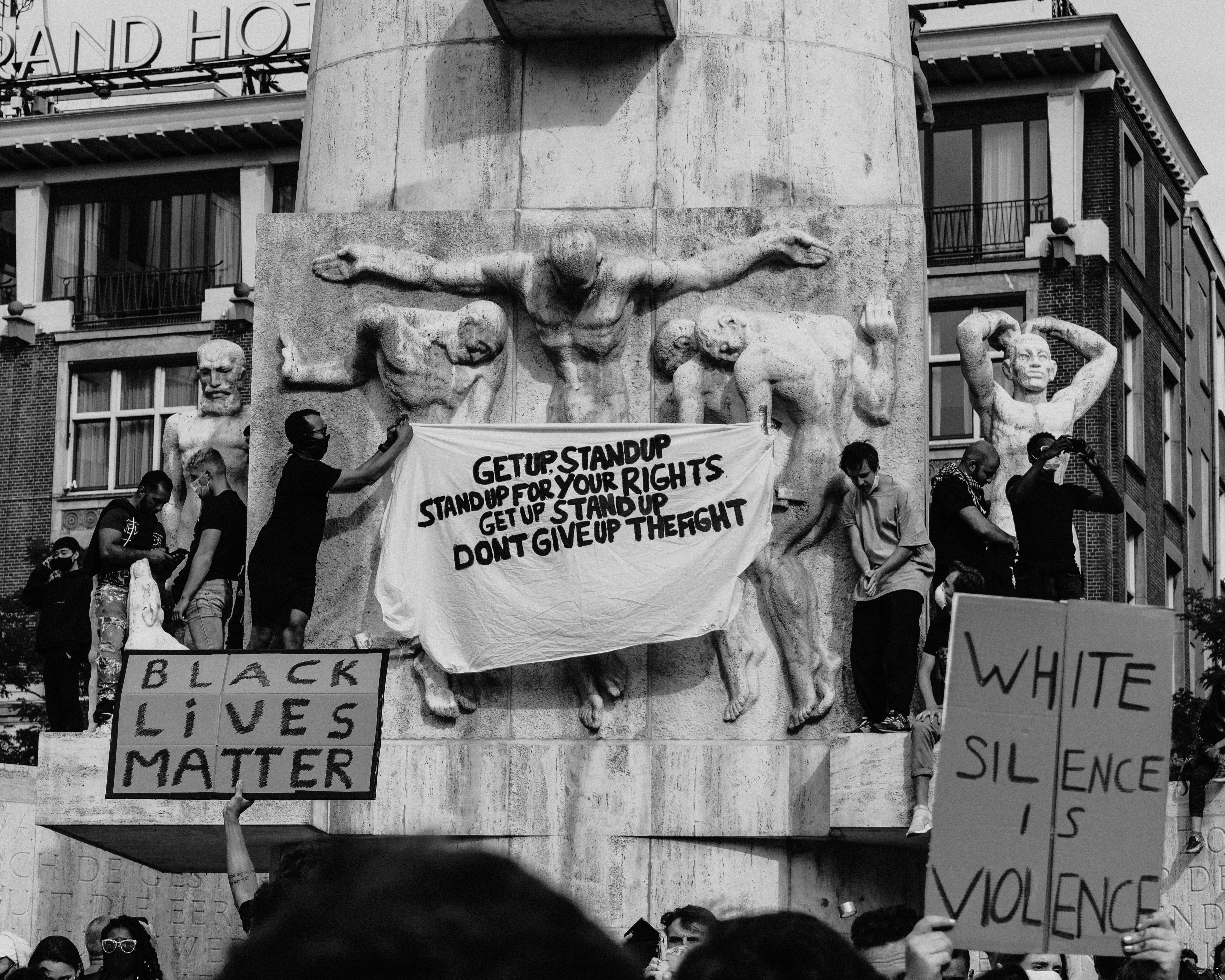The year 2014 turned many of our established patent principles upside down, and unlike previous years, some stunning rulings came from high courts across the country, not just Delhi. Earlier this year, Justice Ramasubramaniam defined various provisions of the Indian Patent Act and laid out the principles on how a patent trial should be conducted and what evidence is required for a patent holder in a patent suit to patent infringement establishes the infringement of a patent. Not many people realized, even in the legal fraternity, that this was trial after full trial in a patent infringement lawsuit. The Madras ruling was followed by a decision in the writ petition filed by Teijin Ltd in the Mumbai High Court dealing with renewals in respect of patents upholding the power of the Controller of Patents to remedy a clerical error made during the process. under section 129 and 137 of the Act. From Mumbai, the scene returned to Chennai. In the NTT DoCoMo Inc. case where Judge Raja echoed the principles established in the Teijin case. In April 2014, Judge Manmohan Singh of the Delhi High Court was given the opportunity to rule on the sustainability of a claim under the Patents Act when there were alleged discrepancies in the registration of an exclusive license agreement in favor of the claimant. Judge Manmohan Singh refused to dismiss the suit without completing the registration procedures. Subsequently, in a further judgment, in an appeal brought by 3M against Venus Safety Justice, Manmohan Singh, while refusing to grant an injunction to the claimant, held that “A slight trivial or infinitesimal variation of a pre-existing invention would not qualify to be a valid invention”. invention.” Again in Sandeep Jaidka v. Mukesh Mittal, Judge Manmohan Singh refused to grant an injunction with respect to patent infringement when the plaintiff was clearly not exploiting the patent.
In June, the Supreme Court decided once and for all in Aloys Wobben v. Yogesh Mehra that a defendant in a patent infringement lawsuit could only use one of the remedies available under the Patent Act to attack the validity of a patent. These remedies include filing a post-grant opposition under Section 25, a revocation action under Section 64, and a counterclaim for revocation in an infringement lawsuit. However, the Supreme Court inadvertently also shortened the life of a granted patent by a full year by ruling that an infringement action cannot be brought in the first year, when a patent was still open to challenge under post-grant opposition. the concession. In July, the scene returned to Mumbai, where in the Bayer Corporation case, Judges Shah and Sanklecha upheld the Patent Controller’s order and IPAB’s order in Bayer v. Natco Saga for the compulsory license of the cancer drug popularly known as Nexavar. An important secondary finding was that it was not mandatory to establish work in India that a patented drug had to be manufactured in India. Bayer appealed this sentence before the Supreme Court but at the end of the year the compulsory license granted in favor of Natco was not disturbed. It appears that what tipped each of the adjudicators against Bayer was Bayer’s refusal to provide details of the R&D costs incurred that were requested by the courts and its apathy towards selling the product in India.
In two cases during the year, some important issues were discussed to qualify who can be considered as a primary evidence expert in patent trials. In the first case, Vringo vs. IndiaMart, Delhi High Court Justice Shali pointed out that a witness who is not an Indian patent agent cannot be considered an expert to give an opinion on whether an Indian patent is infringed in India. In addition, an admission on his own behalf by the plaintiff cannot be considered as falling under Section 21 of the Evidence Act. To be considered an expert, Judge Shali suggests two conditions. First of all, the expert must have at least a basic degree in the field and, in addition, must have done some research work in that area. A generalist ‘cannot be considered an expert in that field’. Furthermore, Justice Shali equated the qualifications of an expert in a field to be commensurate with the qualifications of a scientific adviser as provided in Rule 103 of the Patents Rule. November; Judge Mukerji in Rajesh Kumar Banka v. Union of India issued an opinion on the qualifications of an expert witness. The expert in this case, involving a plastic sealing device, was a B.Tech in polymer technology. Judge Mukerji came to the conclusion that in these matters Section 45 of the Evidence Act of India is pointing in the right direction and that such a person should be especially skilled in the field and that the testimony of such a witness is always open to cross-examination. There was an additional proportion that a court should not become an expert in which it has no jurisdiction. In the case of Salzer Electronics Limited v. SG checks, the Madras High Court Appeals Chamber was forced to deal with the lower courts order denying an injunction. opinion on the merits and must take into account all details and facts. The order must give adequate reasons for refusing an injunctive relief.
As in previous years, pharmaceutical patents were also the subject of patent disputes. There was a judgment in Novartis vs. Ranbaxy regarding Vida Gliptin in which Ranbaxy was temporarily restrained. The single judges’ order was appealed and the appellate court order upheld the injunction. Merck Serono succeeded in revoking the patent controller’s abandonment order and the appeal filed by Bristol-Myers v. Mylan Labs regarding the drug Atazanavir, Mylan Labs was allowed to export the drug to Venezuela, but was required to maintain the accounts and deposit 5% of the proceeds it received with the Court until the lawsuit was settled. At the end of the year, in the Gharda Chemicals Limited case, the Bombay High Court dropped a bombshell by stating that employee inventions do not automatically belong to the employer.




Recent Comments